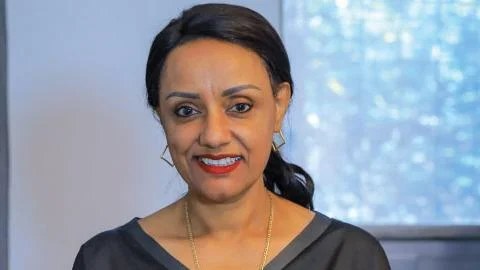Spirit Airlines has shifted away from its traditional business model of offering the cheapest possible fares and generating revenue through fees. The airline now offers a first-class bundle called "Go Big," which includes their 'big front seat' along with a carry-on, checked bag, priority boarding, free Wi-Fi, and complimentary snacks and drinks.
However, this shift appears to be at odds with Spirit's established identity as an affordable leisure airline for infrequent flyers. This low-cost approach previously allowed them and similar airlines like Frontier to achieve some of the highest margins in the industry before the pandemic.
The current challenges facing Spirit include changing consumer preferences towards spending more on experiences, increased interest in European travel where Spirit does not operate, and rising operational costs including fuel, planes, and labor.
 Alerts Sign-up
Alerts Sign-up








